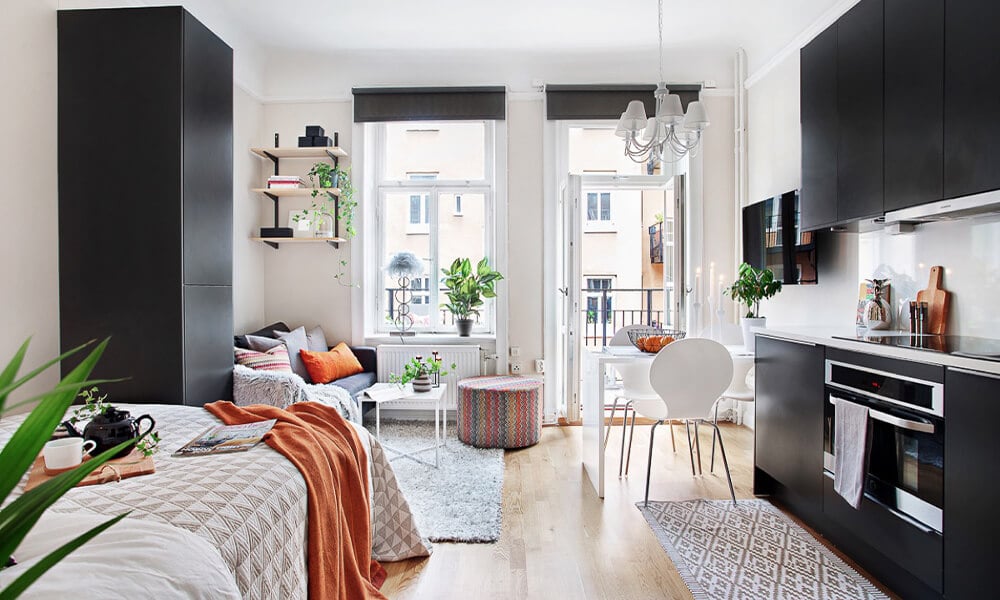
Sweden Smart Furniture Market to Reach USD 56 Million by 2030
Share

The Sweden Smart Furniture Market, is projected to grow at an impressive CAGR of 9%, reaching USD 56 million by 2030, according to a new report by Next Move Strategy Consulting. The market is witnessing strong growth fueled by the integration of IoT technologies, increasing urbanization, and rising disposable incomes.
Discover More – Get a FREE Sample Today!
Key Growth Drivers:
-
IoT Integration:
The widespread adoption of Internet of Things (IoT) devices in residential spaces is transforming how consumers interact with furniture. Smart furniture equipped with sensors and connectivity features seamlessly integrates with IoT systems, offering personalized and efficient living experiences. This trend reflects a growing demand for intelligent and responsive home solutions in Sweden. -
Urbanization and Multifunctionality:
As urban areas grow more populated, living spaces shrink, driving the need for space-saving, multifunctional furniture. Smart furniture with features such as foldable designs, hidden storage, and adaptable functionalities is meeting the needs of urban dwellers, maximizing space utilization without compromising on style or comfort. -
Increased Disposable Income:
Rising disposable incomes in Sweden are enabling more consumers to invest in premium smart furniture solutions. With greater purchasing power, homeowners are prioritizing furniture that enhances convenience, comfort, and efficiency, further boosting market growth.
Challenges:
The integration of advanced technologies into smart furniture often leads to higher costs, which can deter price-sensitive consumers. Affordability remains a key challenge, particularly for budget-conscious buyers. Overcoming this barrier is essential for ensuring broader adoption of smart furniture across all demographic segments.
Conclusion:
The Sweden Smart Furniture Market is set to experience robust growth, driven by advancements in IoT, urban living trends, and increasing purchasing power. While cost barriers remain a concern, ongoing technological innovations and a focus on affordability present significant opportunities for expansion. As Swedish consumers continue to seek smart, sustainable, and multifunctional solutions for their homes, the market is poised to redefine the future of home living.